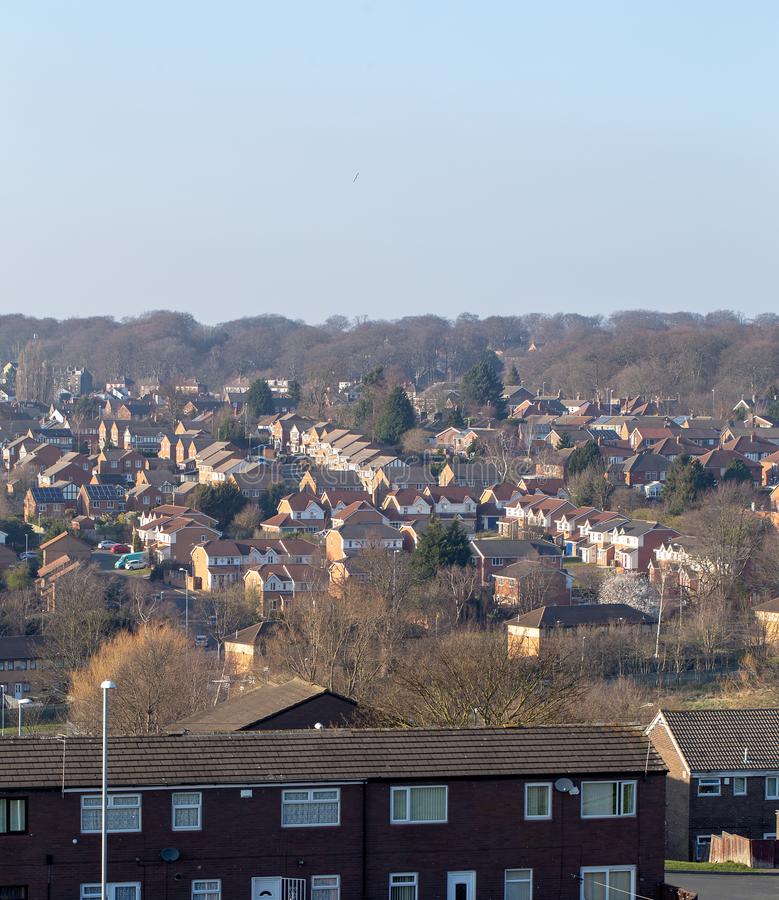Yet another report has highlighted the energy efficiency hole at the heart of the Truss government’s measures to cap home heating bills.
Despite the government’s emergency measures targeting households, Citizens Advice warns many families will continue to struggle with high costs and cold, damp homes because of a lack of investment in insulation and basic bill-saving measures.
‘Insulation Nation’, a study from the government’s statutory advisor on consumer debt, makes three key findings:
- Some families are seeing up to 30% of their energy bill go straight out of the window.
The government’s freeze on energy prices means the average bill will be £2,500 a year from 1 October. But more than a million people living in homes with an energy performance (EPC) rating of F will face an average bill of more than £3,000. Draughty, inefficient homes mean they’re losing £950 worth of the heat they pay for through the walls, windows and roof.
- Households would save a total of £8.1 billion per year if all homes were at EPC rating C.
Currently the majority of homes in England and Wales are below this standard, a big proportion being pre-war buildings. Wide regional disparities see people living in Wales, the West Midlands, and Yorkshire and the Humber facing highest costs.
Almost two thirds – 63% – of homes in these areas have EPC ratings below band C. Households in London and the South East are most likely to be in a better position, but more than 50% of homes here still have poor EPC ratings.
- Almost half (44%) of homeowners are actively considering improving their homes. For those who are not, upfront cost is the main reason.
There are schemes to support people to make their homes greener and better insulated, but at the moment many people are not eligible for, or aware of, the support on offer.
Last week the Institute for Government asserted higher insulation standards would win back £27 billion for homeowners in twelve months.
In Brighton and Hove, Citizens Advice’s energy projects manager Rich Jones said:
“Most of the people we advise are disabled or have a long-term health condition. One person we’ve spoken to is relying on her son to do her washing by hand to save on electricity.
“She says she’s cold all the time. Several parents have told us their children’s bedrooms are so damp that they’ve given them their room and are now sleeping on the sofa or floor instead.
“Grants, budgeting and benefit checks can only provide some short-term relief. But improving their homes would make a big difference.”
Dame Clare Moriarty, Chief Executive of Citizens Advice, observed:
“The government’s bill freeze puts an emergency stop to terrifying price hikes. Now we need an exit strategy from this energy crisis.
“Bills are going through the roof – literally for people in cold and draughty homes, where heat seeps out when they turn up the thermostat. This is burning through many people’s tight budgets.
“Insulating our homes is the long-term solution that will cut down our bills and reduce our dependence on gas. The government must make it a top priority.”





This study is poor. Searching through the Citizens’ Advice document that it refers to, which does not mention “heat pumps” nor “electricity”. While thermal insulation is very important, energy efficiency is just as important. This document does not criticise the use of gas heating which is inefficient compared with a ground source heat pump that returns 4kWh of heating for every 1 kWh of electricity. Not only are gas boilers less efficient than heat pumps only producing up to 85% of the energy in the gas, but gas is effectively subsidised by the Government by allowing the electricity price for domestic users to be almost 4 times the cost of gas, and this when more than half our electricity generation comes from renewables, not from gas. Gas ought to cost at least the same as electricity and if this were the case, the UK housing would have far more electric heating which we will need to reach the 2050 target of zero fossil emissions; and gas boilers emit harmful nitrogen oxides (NOx) when heat pumps do not.